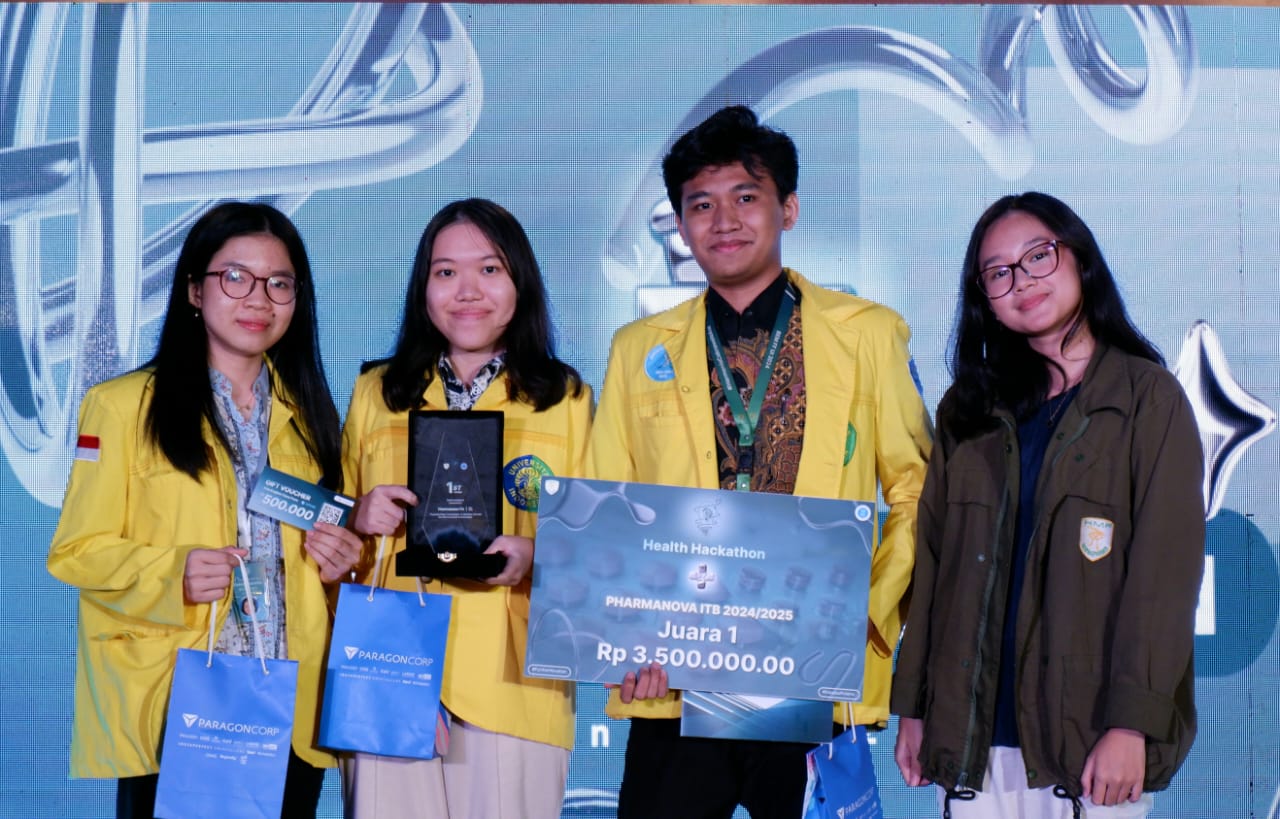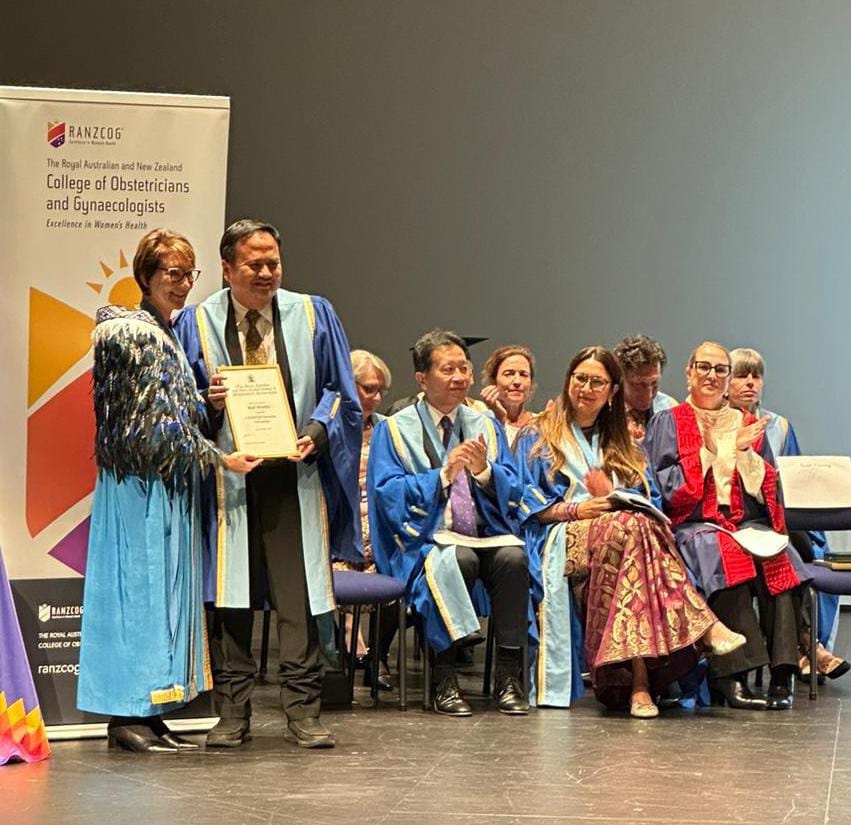As Eid al-Fitr approaches, markets and shopping centers in Saudi Arabia are crowded with Muslims who want to meet their needs, from food to clothing. As host to the two holy cities of Islam, Mecca and Medina, Eid al-Fitr celebrations in Saudi Arabia are always lively. Lantern decorations and colorful lights decorate the streets, trees, and buildings in the city. People enjoy religious songs. One of the famous songs during the month of Ramadan and Eid is the song Ya Leilet El Eid by Umm Kulthum, released in 1939.
Eid al-Fitr is the most important holiday for Muslims throughout the world. Often referred to as ‘Victory Day’, Eid al-Fitr marks the end of the fasting month of Ramadan. Expert in Middle Eastern Studies and Contemporary Islamic Issues from the School of Strategic and Global Studies (SKSG) Universitas Indonesia (UI), Dr. Mulawarman Hannase, Lc., MA.Hum., said that the Eid al-Fitr celebration has very clear instructions or arguments, as stated in the Al-Qur’an and the hadith of the Prophet Muhammad.
“In Surah Al-Baqarah verse 185, the clerics understand that after fasting Ramadan, Muslims are ordered to perform takbir, which was practiced by the Prophet Muhammad and his companions. In the development of Islamic history, public expression emerged to enliven Eid al-Fitr in different places throughout the world, with different local customs and cultures. “Nevertheless, Eid al-Fitr prayers are the same everywhere,” said Dr. Mulawarman.
In Saudi Arabia, the atmosphere at Eid al-Fitr prayers looks festive. Since early morning, people have held Eid prayers in large mosques and fields. After performing the prayer, we continue to greet each other and forgive each other. One of the Eid al-Fitr traditions that is an obligation is to visit relatives, family, friends, and colleagues to forgive each other. It is practiced by the Muslim community in the Middle East and Indonesia.
Dr. Mulawarman said that the tradition of forgiving occurs everywhere because it is a commandment of the Islamic religion. “In Indonesia, the tradition of forgiving is well implemented in going home and saying goodbye to parents, visiting each other and gathering with family, as well as halal bi halal or essentially means forgiving each other between relatives, colleagues, and the work environment,” he said. According to Mulawarman, the term ‘halal bi halal’ does not exist in Saudi Arabian culture, but the substance of mutual forgiveness between fellow Muslims occurs universally.
The momentum of gathering with relatives will not be complete without typical Eid dishes served on the dining table. In Saudi Arabia, the main dish during Eid al-Fitr is beef, accompanied by various sweet cakes. Some traditional sweet and savory dishes of Saudi Arabia include dibyaza, masoub, and fatoot bread. However, Indonesian people will not find ketupat (rice cake) in Saudi Arabia because the country does not have coconut trees and palm trees whose leaves are used as raw material for making ketupat.
For children in Saudi Arabia, the Eidiyah tradition is eagerly awaited. Eidiyah is a tradition of giving gifts (money) in various amounts to children on Eid al-Fitr. However, it’s not just children who get money during Eid. The Saudi Arabian government annually provides quite large allowances to employees and workers. A similar thing is also found in Indonesia, which is THR or Holiday Allowance.
Quoted from Arab News, the King of Saudi Arabia, King Salman bin Abdulaziz Al Saud, disbursed holiday allowances for Saudi Arabian citizens worth three billion Riyals (around Rp. 12.7 trillion) this year. According to Mulawarman, this allowance is a social welfare assistance and is aimed at orphans, widows, the unemployed, people with disabilities, and the elderly.
The Saudi Arabian government has also allocated a long holiday for the public to celebrate Eid al-Fitr. “The Eid Al-Fitr national holiday is usually between five days and a week for Saudi Arabian citizens. In 2023, King Salman will implement a five-day national holiday,” said Mulawarman. Muslims in Saudi Arabia spend holidays visiting tourist attractions, parks, and other public spaces. As Indonesians do, they use the holiday to visit relatives in their hometown or what is usually called homegoing and quality time with the family.



